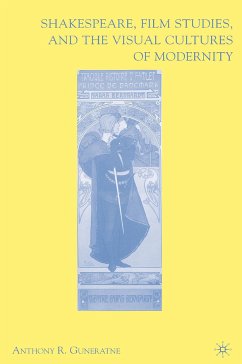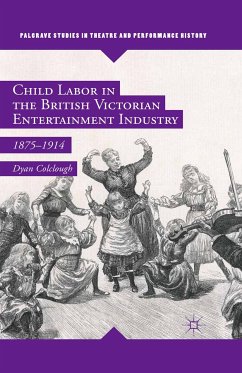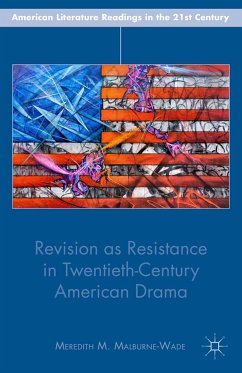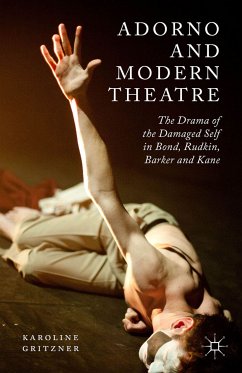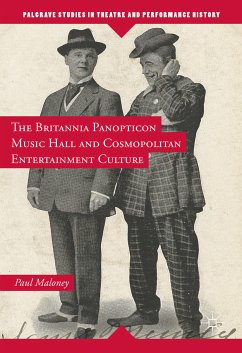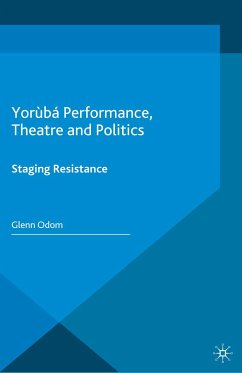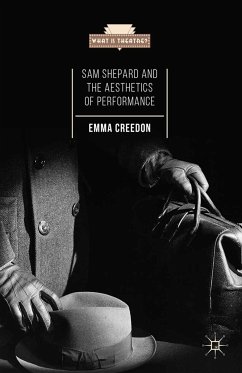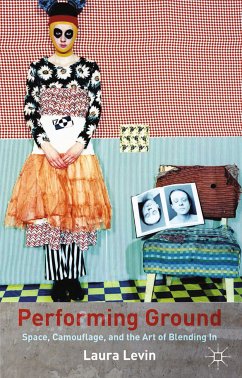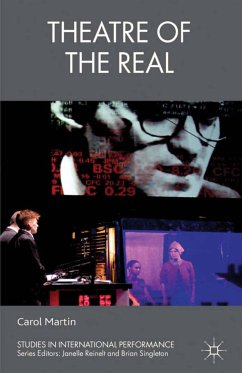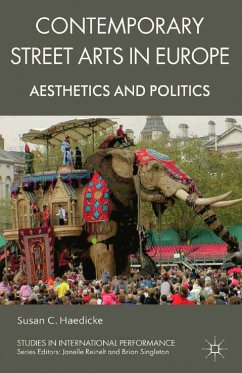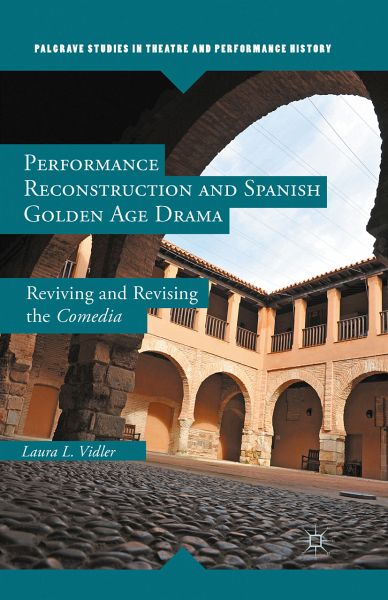
Performance Reconstruction and Spanish Golden Age Drama (eBook, PDF)
Reviving and Revising the Comedia
Versandkostenfrei!
Sofort per Download lieferbar
40,95 €
inkl. MwSt.
Weitere Ausgaben:

PAYBACK Punkte
20 °P sammeln!
Spanish Golden Age drama has resurfaced in recent years, however scholarly analysis has not kept pace with its popularity. This book problematizes and analyzes the approaches to staging reconstruction taken over the past few decades, including historical, semiotic, anthropological, cultural, structural, cognitive and phenomenological methods.
Dieser Download kann aus rechtlichen Gründen nur mit Rechnungsadresse in A, B, BG, CY, CZ, D, DK, EW, E, FIN, F, GR, HR, H, IRL, I, LT, L, LR, M, NL, PL, P, R, S, SLO, SK ausgeliefert werden.



